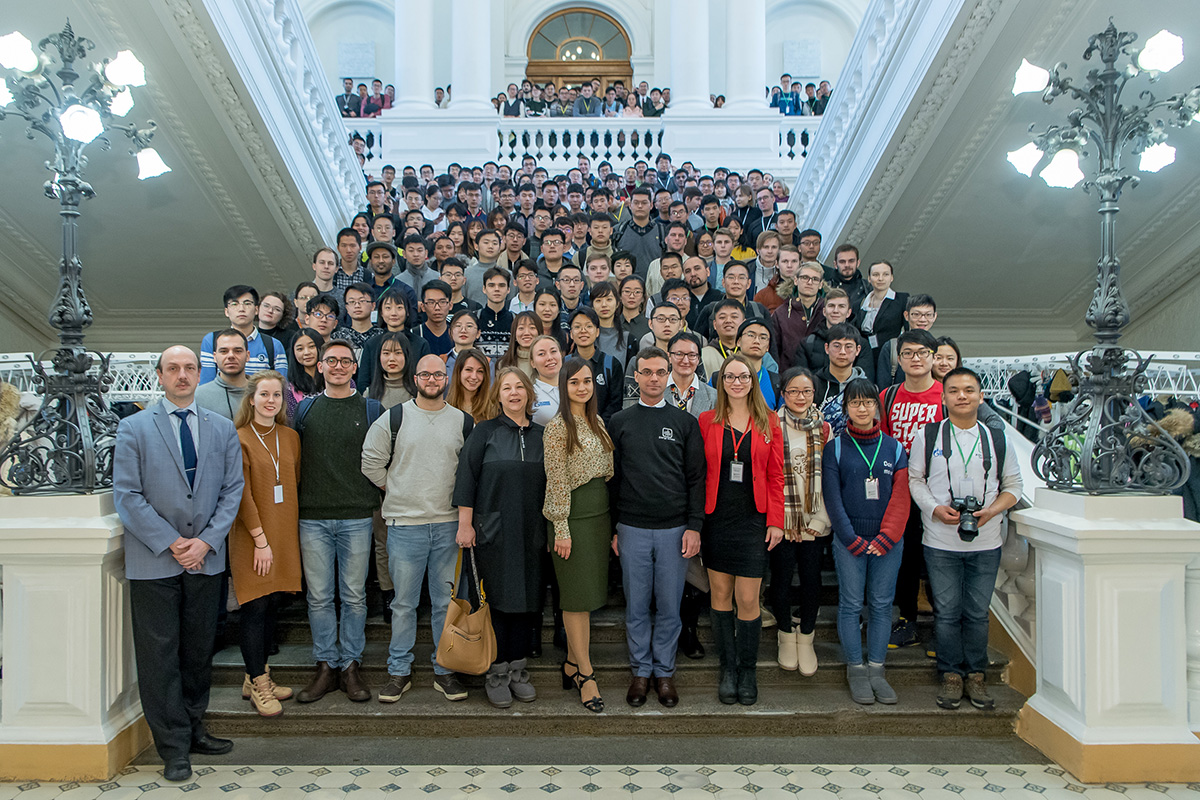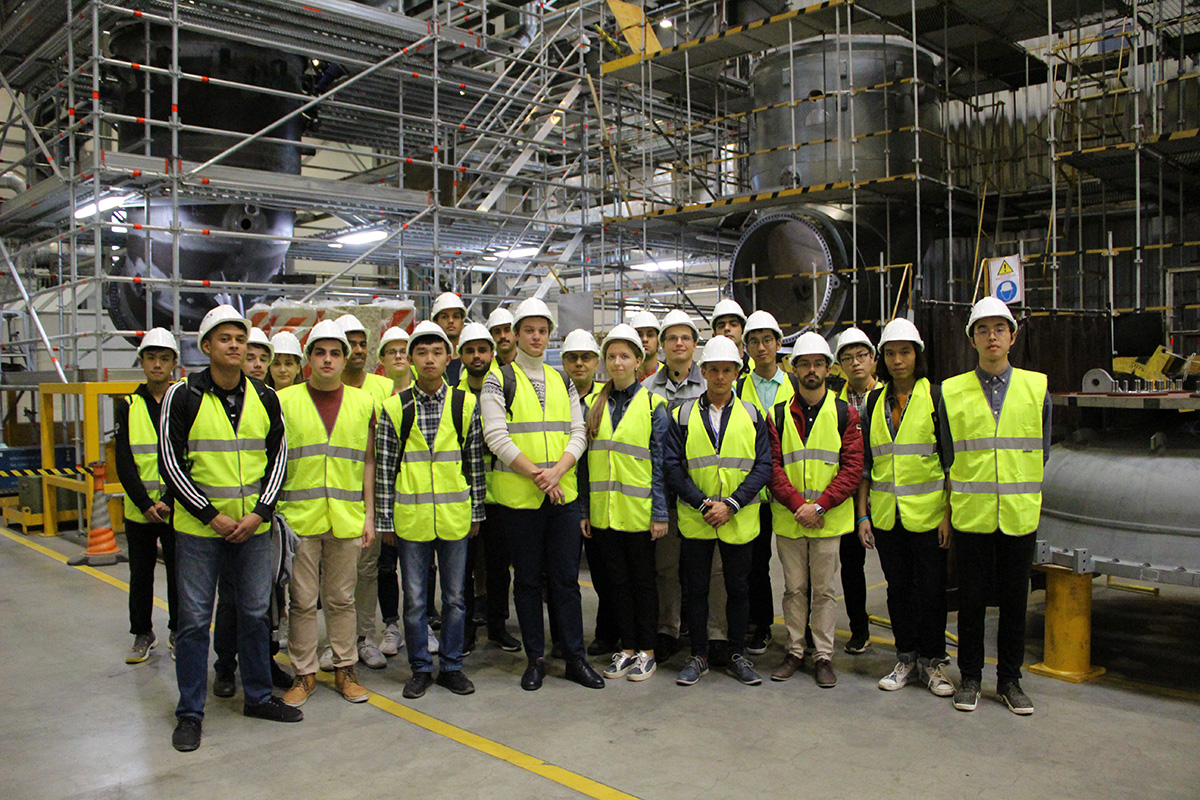- Course description
The detailed course description for ECTS credits transfer at your home university:
Power Electronics
The course is held in 2 formats: online or on-site. The final decision on the format depends on the current COVID-19 situation. To know more, you can send a request via email for official Policy and Guidelines from the coordinators of the Course.
The course examines the basic methods for calculating steady-state and transient processes in electrical circuits, their application to the most common electronic circuits in engineering practice, including amplifiers, rectifiers, stabilizers, triggers and other devices. Much attention is paid to microcontrollers, their architecture and design. Separate chapters are devoted to Code Generation and Project Launch, as well as working with the MATLAB and Simulink programs. The complex of test and individual tasks will allow you to master the practical skills of designing and calculating electronic circuits necessary for the implementation of professional activities. All studies are developed accordingly to the European requirements and can be recognized as a period abroad. Besides studying at the university participants also visit leading energy companies.


ECTS credits: 4.0
Participation fee:
Online option: 32000 Rubles.
On-campus option: 47000 Rubles.
Energy Forum: 5000 Rubles.
Includes:
- Intensive Academic Program
- Cultural Programme
- Course Materials
Deadline for applications:
Summer session: July 03, 2024
Autumn session: October 01, 2024
Program partners:
- Electroapparat;
- Rosatom;
- Lenenergo;
Contacts:
Program coordinators:
- Ekaterina Sokolova, coordinator of Energy Schools
- sokolova_ea@spbstu.ru
- polytechnic_energyteam@mail.ru
- +7 (812) 552-89-45
- +7 (921) 096-26-84
- Polytechnicheskaya, 29, University building, 195251 St. Petersburg
